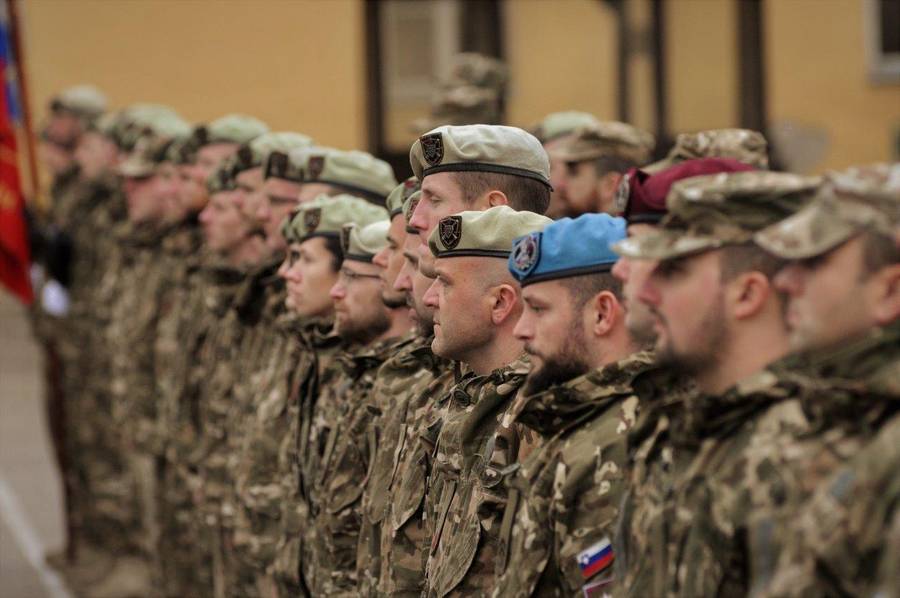The defense committee of the parliament discussed the 100-billion project for the first time this monday in a special session with Minister of Defense Lambrecht attending. The session was of course classified Secret, so we don't really have any details from that.
One thing that the Ministry of Defense later released is that Lambrecht informed the Defense Committee how the Bundeswehr is planning for immediate procurement in light of known encrusted, slow procurement processes.
Apparently they're planning to make wide use of the exemptions granted specifically by §346 (1) TFEU at the EU level:
"any Member State may take such measures as it considers necessary for the protection of the essential interests of its security which are connected with the production of or trade in arms, munitions and war material; such measures shall not adversely affect the conditions of competition in the internal market regarding products which are not intended for specifically military purposes"
In other words they're planning to issue tenders without competition, i.e. buying directly from specific defense industry companies they choose, and they're planning to use EU law to circumvent possible legal action against that.
Due to court rulings on interpretation and application of §346 TFEU this is however effectively restricted to times of crisis mandating such procurement immediately. The government will therefore seek to reform the "regular" procurement processes as well. As a first step within their purview the Ministry of Defense wants to raise the maximum cap for goods that can be bought directly without a tender to 5,000 Euro; currently it's 1,000 Euro. Tenders between 1,000 and 5,000 Euro make up one quarter of the workload for the Procurement Agency.
Projects named to be prioritized in procurement focus on personal protective and auxiliary equipment for individual soldiers, as well as projects named in the Coalition Treaty (Tornado replacement, CH-53G replacement, armed drones are stated explicitly in the press release).
The government plans to have a draft for the 100 billion fund itself entered into legislative process before the end of the month.
The Defense Committee in this session was also informed about additional weapon delivery requests from Ukraine. These are not handled by parliament, but by the National Security Council (which consists of the Chancellor, eight ministers of relevant federal ministries and - in advisory capacity - the Inspector General of the Bundeswehr along with a few others).



